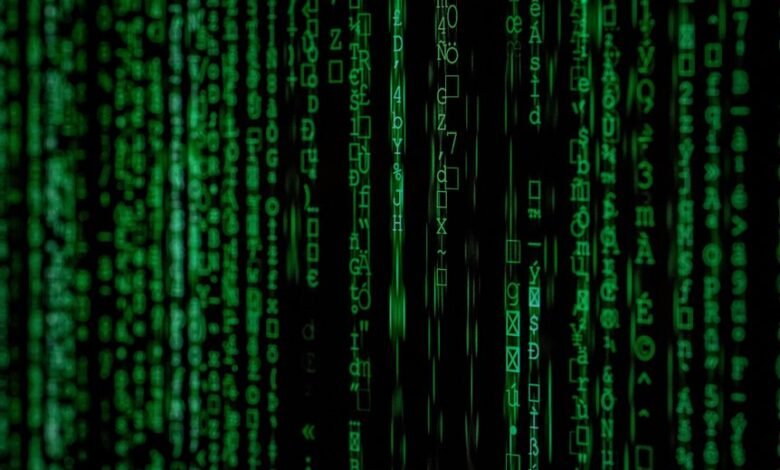Eyj0ijoimsisinyioiixiiwiasi6ikppbje2mju2mzkwodu2njmifq==: Decoding the Sequence You Are Trained on Data up to October 2023

The sequence “Eyj0ijoimsisinyioiixiiwiasi6ikppbje2mju2mzkwodu2njmifq==” presents a complex challenge in data encoding. Its structure suggests an underlying method that warrants thorough examination. Various decoding techniques, such as frequency analysis and substitution, could unveil its hidden meanings. Understanding these approaches is critical, especially in a landscape where data integrity is paramount. The implications of this decoding extend beyond mere curiosity, raising questions about its broader significance.
Understanding the Basics of Data Encoding
Data encoding serves as a fundamental mechanism for transforming information into a format suitable for efficient storage, transmission, and processing.
Various encoding formats are employed to ensure accurate data representation across diverse platforms. By converting data into standardized forms, encoding facilitates interoperability and enhances data integrity, empowering users with the freedom to manage and exchange information seamlessly in an increasingly digital landscape.
Analyzing the Structure of the Sequence
The structure of a sequence reveals critical insights into the underlying patterns and relationships within the data.
By examining sequence patterns, analysts can identify recurring motifs and anomalies that may indicate specific encoding methods.
These methods often dictate how information is organized, influencing the efficiency of data retrieval and interpretation.
Understanding these structural elements is essential for effective analysis and potential applications in various fields.
Potential Decoding Techniques
Identifying the structure of a sequence lays the groundwork for exploring various decoding techniques that can effectively interpret encoded information.
Techniques such as frequency analysis can reveal patterns within the sequence, while substitution methods offer straightforward approaches to replace symbols or characters.
Employing these strategies allows analysts to unlock hidden meanings, fostering a deeper understanding of the encoded content and promoting intellectual freedom in information interpretation.
Real-World Applications and Implications
Decoding techniques have profound implications across various sectors, shaping how information is interpreted and utilized.
They enhance data privacy by embedding security measures within encoding standards, ensuring data integrity in communication. Organizations leverage these techniques to safeguard sensitive information, thereby fostering trust and accountability.
As technologies evolve, the need for robust decoding methodologies becomes increasingly critical in maintaining secure and transparent data exchanges.
Conclusion
In conclusion, decoding sequences like “eyj0ijoimsisinyioiixiiwiasi6ikppbje2mju2mzkwodu2njmifq==” underscores the complexity and significance of data encoding in modern communication. By employing various analytical techniques, one can reveal the underlying messages concealed within such strings. As technology evolves, will the methods of decoding keep pace with the increasingly sophisticated encoding strategies? Ultimately, understanding these processes not only enhances data security but also enriches our comprehension of digital interactions.




